0

0

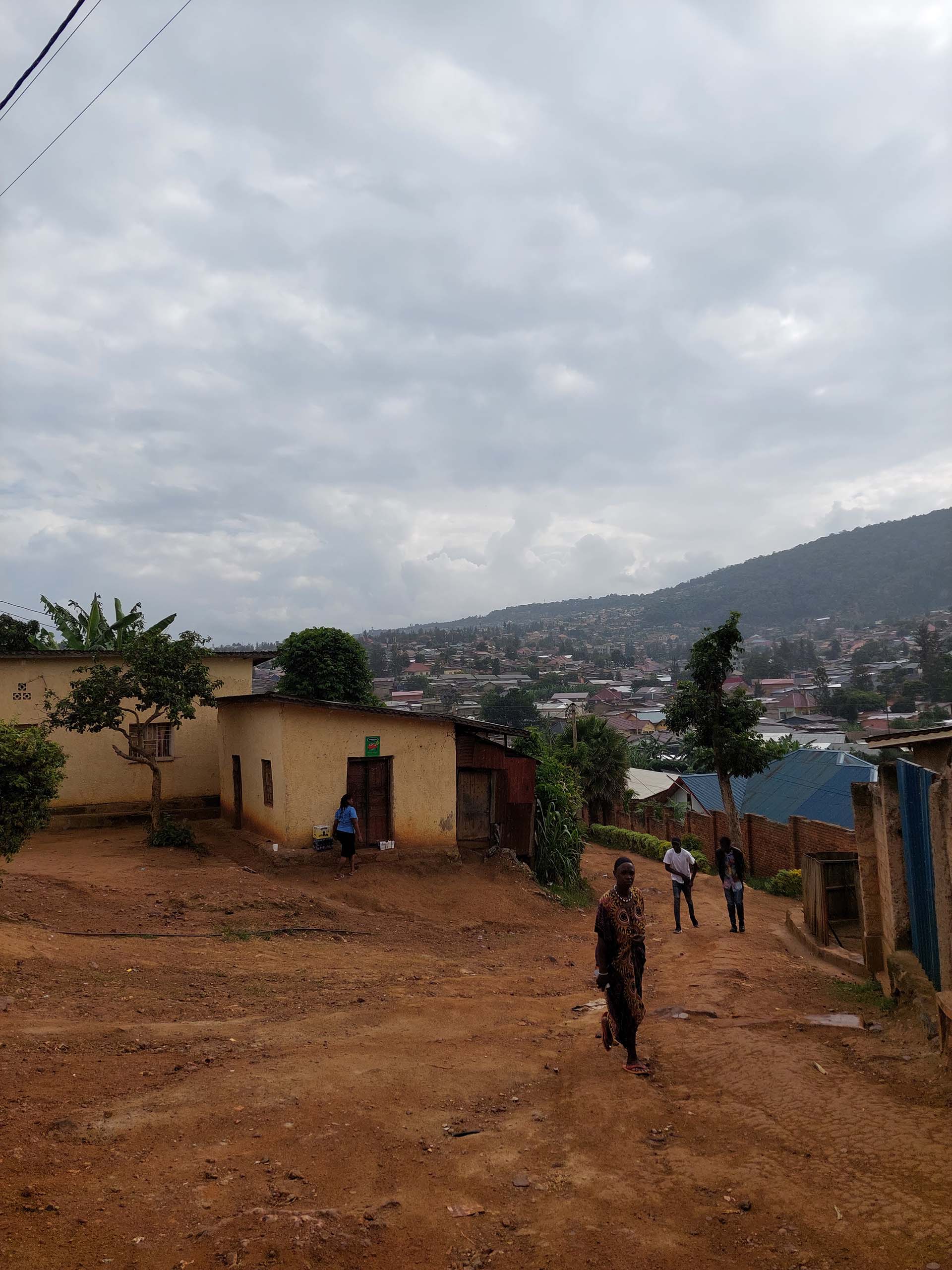
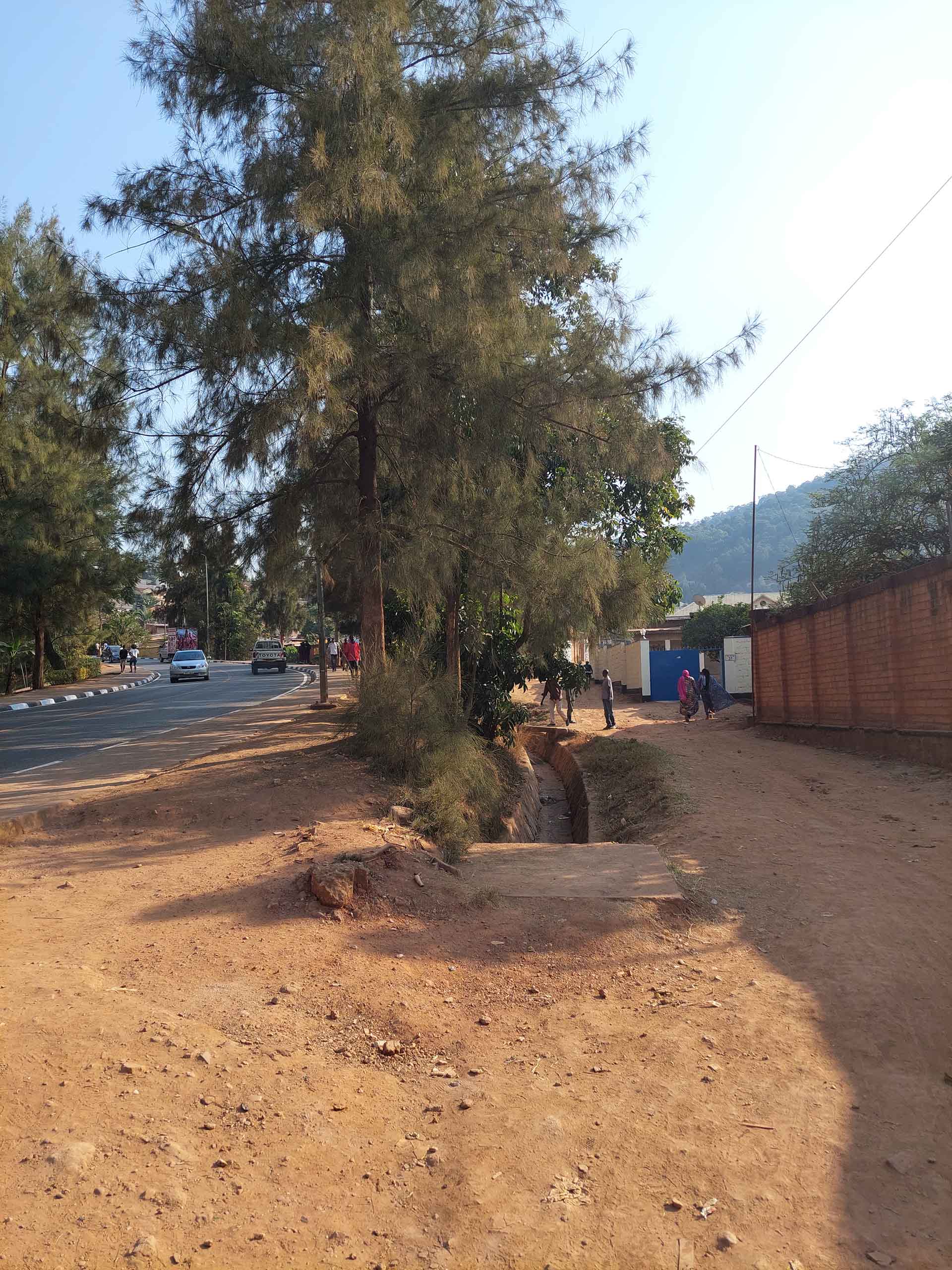
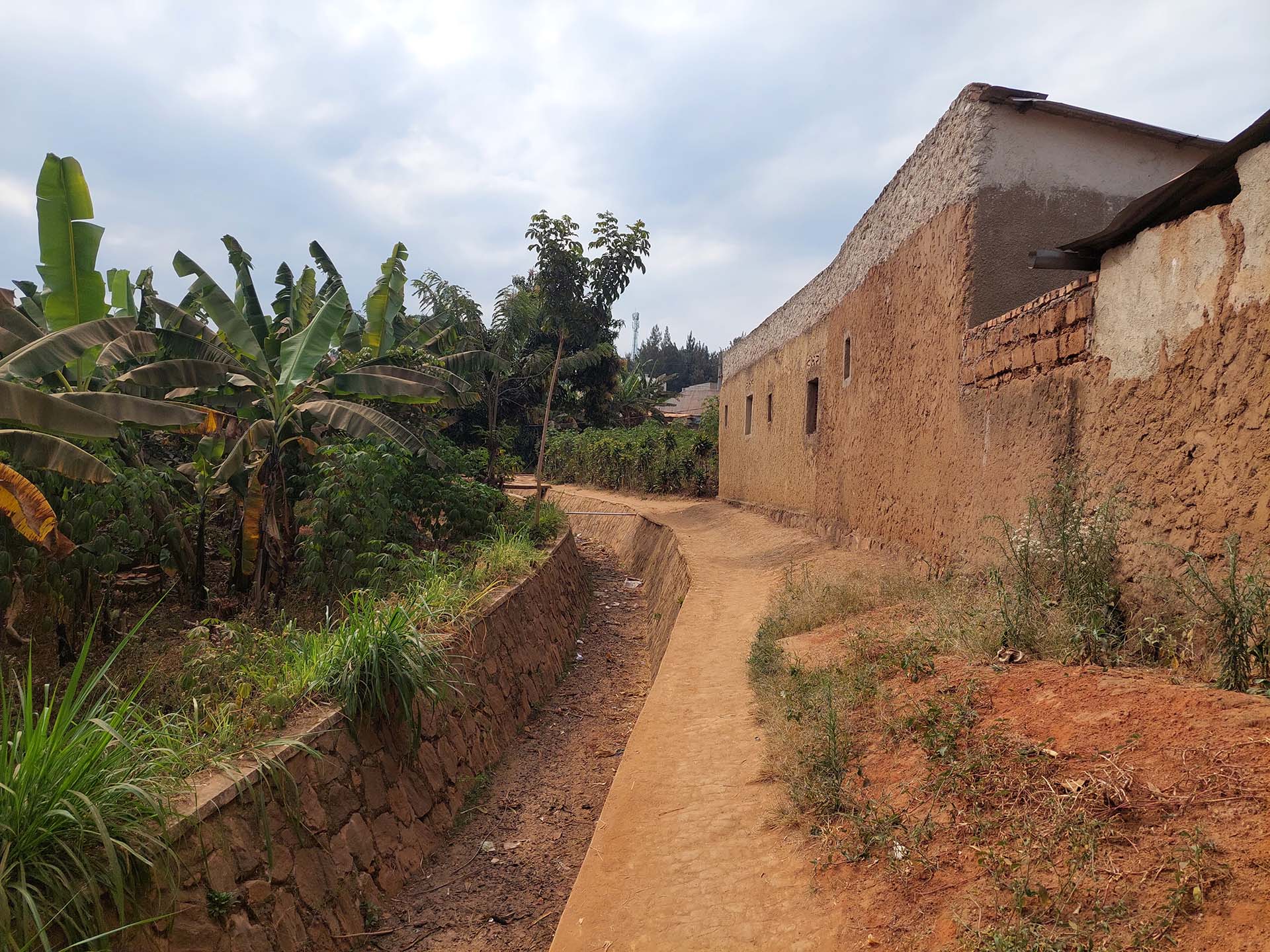
Resume existing technical studies to minimise expropriations and strengthen the resilience of the district to climate risks,
Optimise an integrated urban planning and the dwellers' participation.
Comprendre les besoins
des populations et les risques auxquels elles sont exposées dans les quartiers précaires, proposer des solutions concrètes d’amélioration
de leur résilience au changement climatique et atténuer l’impact sanitaire, social et économique des risques hydrométéorologiques.
Produire l’ensemble des documents techniques, organisationnels, financiers, environnementaux et sociaux pour permettre l’octroi
de financement par les bailleurs pour un projet
de réhabilitation des quartiers précaires.



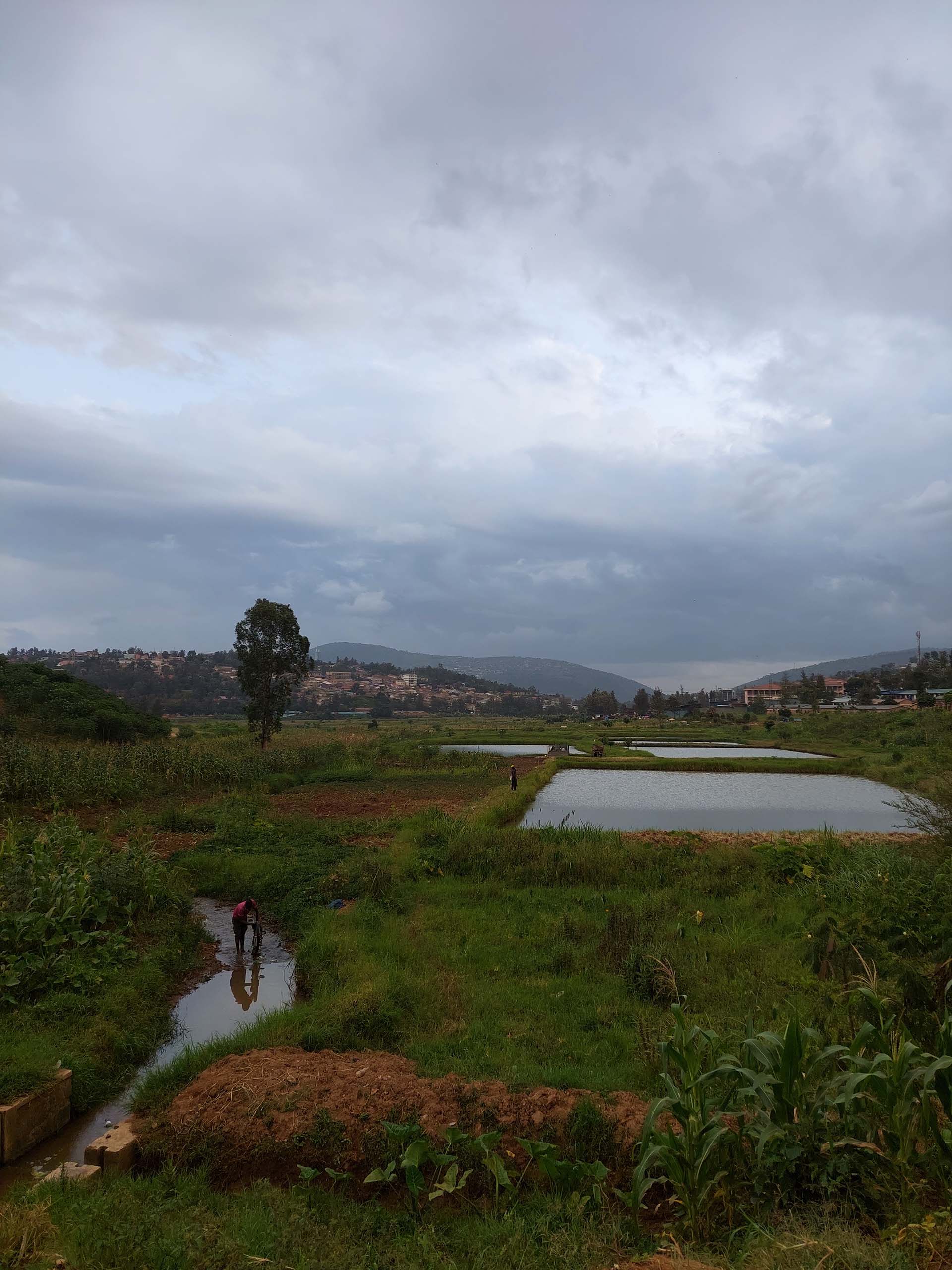

CONCLUSION
Following AFD's support for the preparation of the project via CICLIA, AFD and the European Union are funding the development of the Kigali Informal Settlement Upgrading project (KISUP) with a total of 50 million euros, carried out by the Rwandan authorities.
The methods developed during the studies will be used to create "toolkits" for local Rwandan authorities to better integrate SfN into infrastructures, or develop buildings standards based on bioclimatic principles, for example. This work will also be fed by all the initiatives supported by other technical and financial partners.



General objectives
of the support
Carried out an analysis of the territory's climate vulnerabilities and classified associated risks,
Proposed roads design to make room for more active modes of mobility (walking, cycling, etc.),
Identified measures to strengthen ecosystem regulation services - through:
> flood and erosion risk management, soil and water quality improvement,
> restoration of "green infrastructures" to protect the wetland and its buffer zone, and improvement of the quality of the water flowing into the wetland through the construction of a phyto-purification system,
Identified measures to strengthen ecosystem regulation services - through:
> flood and erosion risk management, soil and water quality improvement,
> restoration of "green infrastructures" to protect the wetland and its buffer zone, and improvement of the quality of the water flowing into the wetland through the construction of a phyto-purification system,
Identified measures against flood risks (including rehabilitation and development of a drainage system),
Identified the least polluting construction techniques for bioclimatic buildings.
Enhanced local and endemic plant species (trees, bushes, plants) in the parks and along green corridors.
Identified nature-based solutions for the design of drainage infrastructure, to decrease runoff speeds, reduce flood peaks downstream of neighbourhoods, and enhance infrastructural resilience,
Proposed crisis management measures to the municipal service, in partnership with national authorities, in order to improve the population’s capacity for adaptation.










Achievements in terms of climate change adaptation
Achievements in terms of climate change attenuation
Achievements in terms of biodiversity


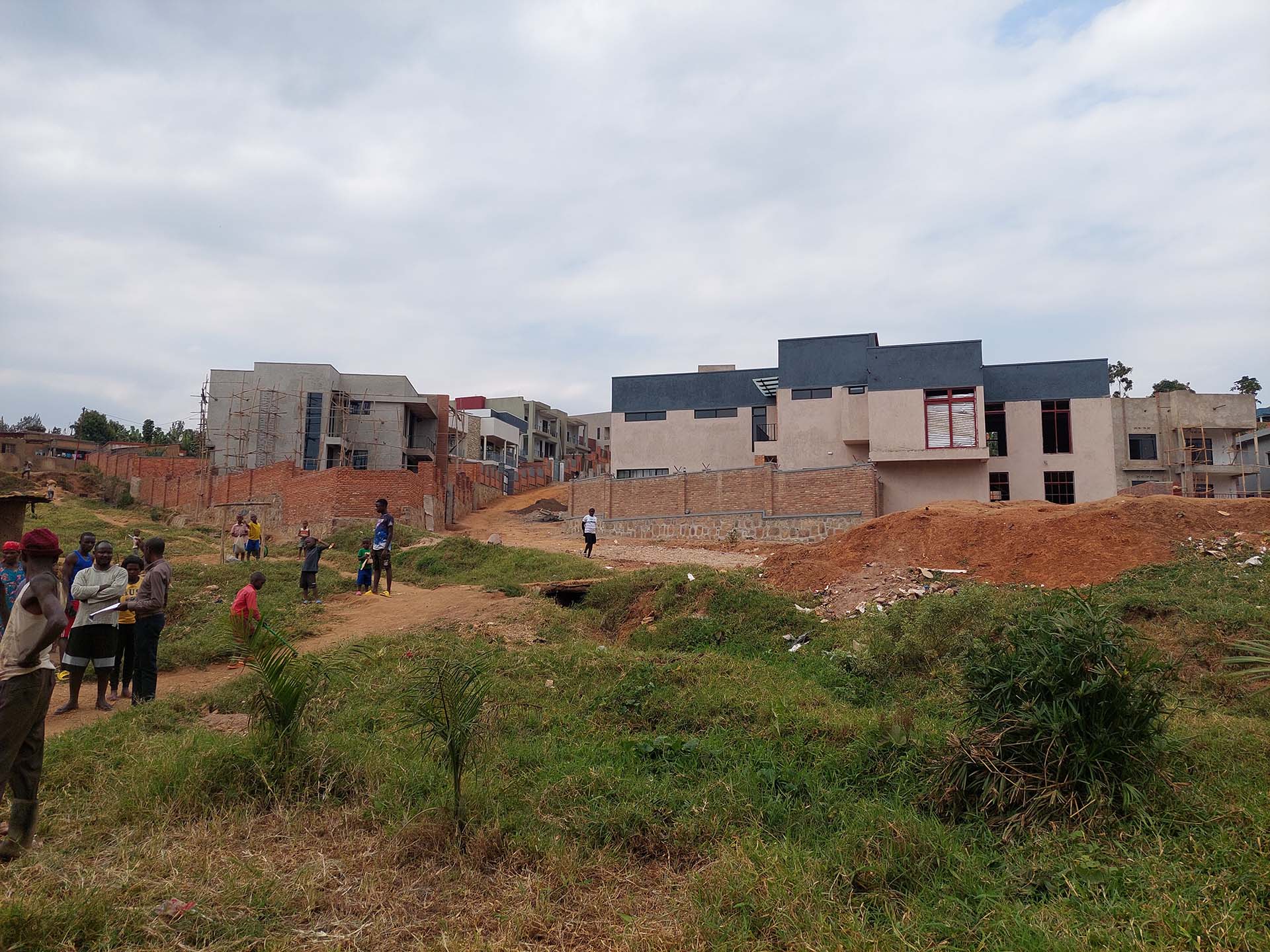
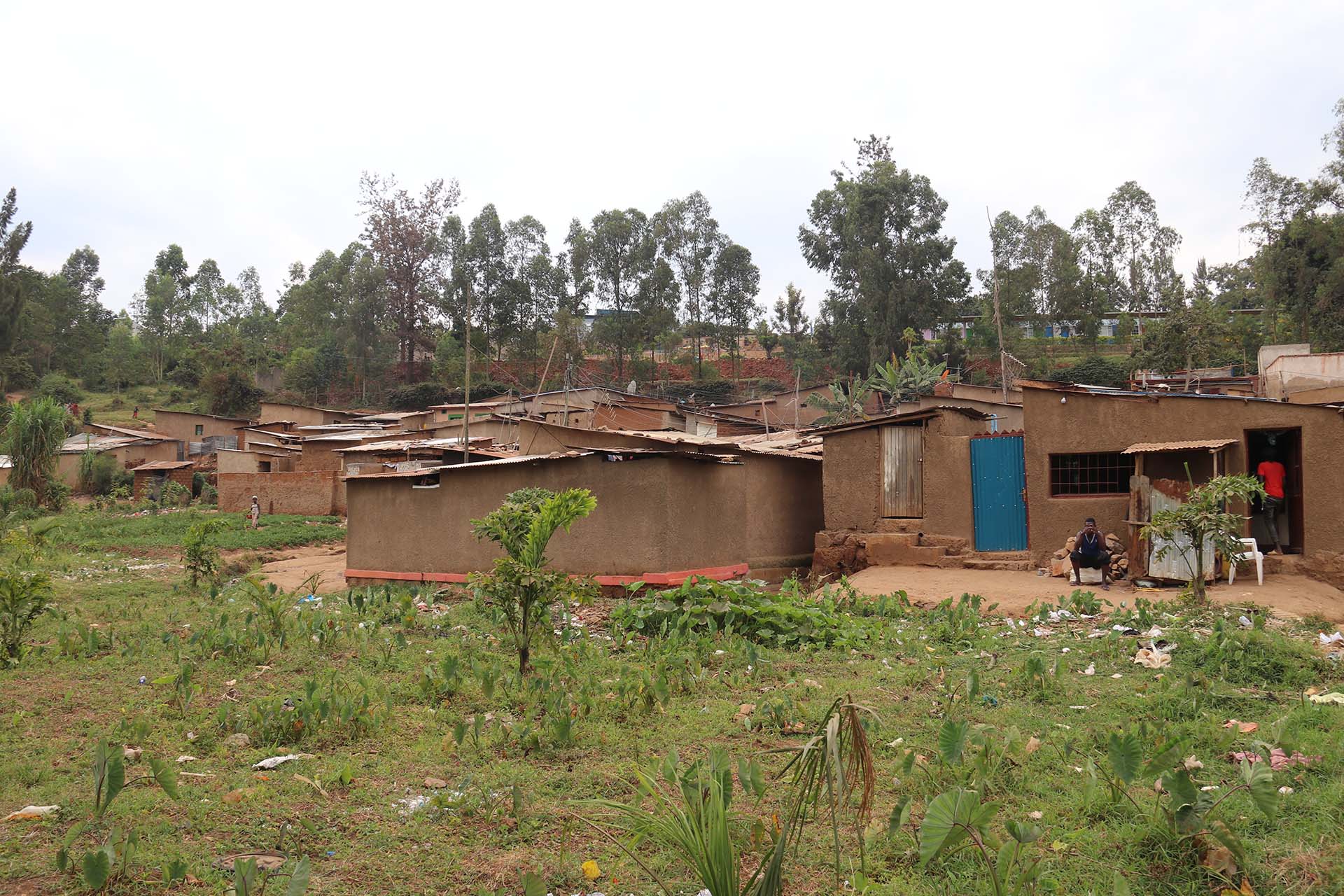

In this context, the city asked AFD, through CICLIA, to implement a new in situ improvement project in Kagugu, Rwezamenyo and Nyakabanda, addressing the challenges faced by the area: these three high-density, heavily enclosed neighbourhoods are mainly inhabited by low-income households working in the informal sector near their homes. Located on steep slopes, they are subject to high climatic hazards (flooding, landslides, erosion). The Kagugu district has the specific feature of being more recently developed, with a younger and more disadvantaged population. It is located on the edge of a vast wetland. The neighbouring districts of Rwezamenyo and Nyakabanda are older, more densely populated, and part of the same catchment. Rwezamenyo is divided by the Mpazy canal whose banks are regularly flooded.
In this context, the city asked AFD, through CICLIA, to implement a new in situ improvement project in Kagugu, Rwezamenyo and Nyakabanda, addressing the challenges faced by the area: these three high-density, heavily enclosed neighbourhoods are mainly inhabited by low-income households working in the informal sector near their homes. Located on steep slopes, they are subject to high climatic hazards (flooding, landslides, erosion). The Kagugu district has the specific feature of being more recently developed, with a younger and more disadvantaged population. It is located on the edge of a vast wetland.
The neighbouring districts of Rwezamenyo and Nyakabanda are older, more densely populated, and part of the same catchment. Rwezamenyo is divided by the Mpazy canal whose banks are regularly flooded.
The city of Kigali, which has experiencied a strong growth since 1990, is spreading out in an area constrained by its topographical and climatic features. Despite a land reform launched in 2009 and a level of access to essential services that is higher than the regional average, 62% of the capital's population still lives in precarious and isolated neighbourhoods, subject to severe natural hazards intensified by climate change.
The alteration of the climate is manifested in an increase in the average temperature, in the total number of very hot days per year, and in shorter and more intense rainfall. Greenhouse gas (GHG) emitted by the urban mobility and construction sectors are increasing.
The City of Kigali and the Ministry of Infrastructure accelerated the implementation of a national strategy aiming to achieve universal access to essential services by 2050. Following the positive conclusions of a first in-situ precarious neighbourhood improvement project in 2019, the city is proceeding with new interventions to strengthen social inclusion, climate change resilience and biodiversity.

CONTEXT

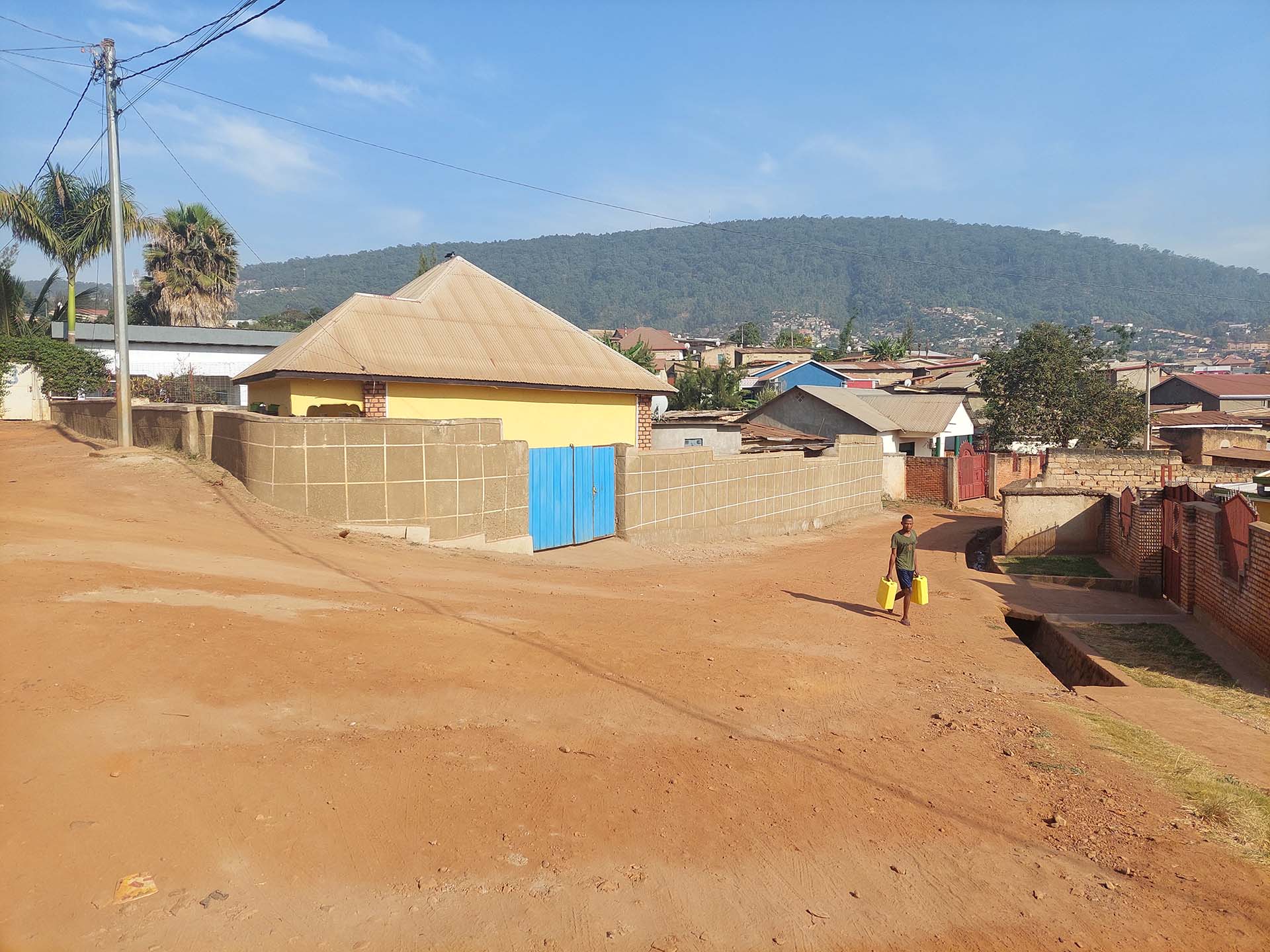


€50M granted for the («Kigali Informal Settlement Upgrading project » - KISUP) in a loan-grant mix by AFD and the European Union.
Follow-up
to the technical assistance
€525 000
CICLIA funds mobilised
Adaptation to climate change
Climate approach
Implementation period
2022-2023 (13 months)
Nature of
the technical assistance
Additional feasibility studies (resumption of technical, institutional, environmental, social and climatic studies) for the improvement of the living conditions of 3 informal settlements
City of Kigali, Rwanda
Project owner
KIGALI
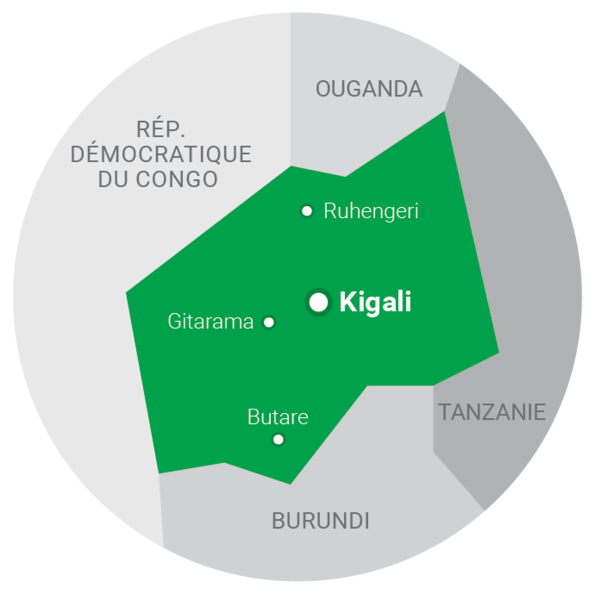
Funding and expertise for a sustainable development of African cities


The studies allowed for the operational implementation of the nature-based solutions identified in the World Bank-funded national guide for nature-based solutions (Landscape analysis and prefeasibility study for NBS in Kigali) ;
The vulnerability studies coupled with the hydraulic modelling led to proposals for the development of roads and drainage system, avoiding as much as possible population displacement. The drainage system strengthens the protection against ten-year floods in 2050 (i.e. hundred-year floods in the current climate).
After detecting the polluting risk of the water discharged into the Kagugu wetland, a phyto-purification pilot project has been submitted, aiming at improving water quality before its discharge.
The studies allowed for the operational implementation of the nature-based solutions identified in the World Bank-funded national guide for nature-based solutions (Landscape analysis and prefeasibility study for NBS in Kigali).
The vulnerability studies coupled with the hydraulic modelling led to proposals for the development of roads and drainage system, avoiding as much as possible population displacement. The drainage system strengthens the protection against ten-year floods in 2050 (i.e. hundred-year floods in the current climate).
After detecting the polluting risk of the water discharged into the Kagugu wetland, a phyto-purification pilot project has been submitted, aiming at improving water quality before its discharge.